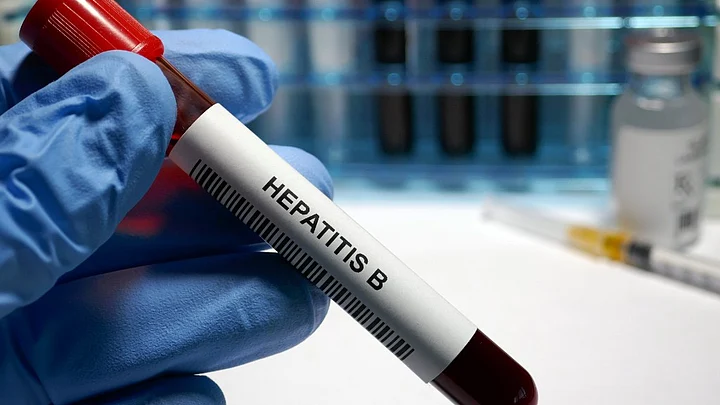With a global burden ten times that of HIV, viral hepatitis is a public health issue in need of urgent action. There are five types of viruses (A, B, C, D and E) that cause hepatitis (liver disease), of which hepatitis B is by far the most contagious and deadly.
Actor Amitabh Bachchan suffers from Hepatitis B and has spoken about how he functions only on 25 percent of his liver.
The early symptoms of all these viruses are almost the same: fatigue, nausea, vomiting, abdominal pain and jaundice, which makes it difficult to identify the type of virus causing the disease.
In India, the virus type is not identified at the time of diagnosis in over 90% of cases and doctors resort to symptomatic treatment to get rid of the infection.
Not checking what virus is actually infecting the liver can lead to disastrous and even life-threatening consequences, particularly if the virus causing these symptoms is hepatitis B.
Urgent Need To Eliminate Hepatitis B Infection
A hepatitis B infection is far more likely to cause liver-related death than any of the other hepatic viruses. If left untreated, it can develop into a chronic condition, damage the liver in serious ways and cause liver cirrhosis and liver cancer.
India has over 50 million people living with hepatitis B today. The responsibility to bring down hepatitis B incidence in India is as much that of doctors and healthcare professionals as it is of the general public.
With this in mind, here are a few things you must know about hepatitis B to ensure you can protect yourself against it.
Protect Yourself Against Hepatitis B Virus
This is why screening for the viral type and distinguishing between acute and chronic HBV infection becomes critical as soon as these symptoms appear, so that patients can be quickly started on the right type of treatment.
In the event of a hepatitis infections it is best to consult a hepatologist, a doctor specializing in liver diseases.
Half of all people infected with HBV have no symptoms and do not realize they have been infected. This means they are active carriers of the virus and capable of infecting others.
Among the other half, symptoms could take as long as 1-4 months to appear after initial exposure to the virus. During this period, these individuals are also part of the HBV transmission cycle. It is this dangerous character of the virus that makes it so difficult to control.
While unprotected sex and use of infected tattoo or acupuncture needles are considered major transmission routes, there are other ‘harmless’ ways of getting the infection.
For example, a small nick or cut from a barber’s razor is sufficient to transmit the virus, if the same blade has been earlier used on an HBV carrier.
This puts many unsuspecting individuals at risk. Raising awareness among the general public and local communities about the need for proper sterilization of reusable instruments is critical for HBV control.
Treating Hepatitis B Infection
Most adults with HBV develop an acute infection which is cleared by the body with only 5% progressing to develop chronic HBV.
The introduction of the hepatitis B vaccine has played a big part in bringing down the number of chronic HBV cases. The vaccine is 95% effective in preventing development of chronic infections and offers protection from chronic HBV for 20 years.
Currently we do not have an antiviral that completely cures hepatitis B, but we do have drugs that help in its management all through life with oral antivirals that reduce the viral load and slow disease progression.
This is why we must continue to push for full vaccination coverage for children, adolescents and pregnant women. We must also continue with risk awareness building programs to prevent virus exposure and transmission.
India has set itself the goal of eliminating viral hepatitis by 2030. Towards this end, the government has introduced a number of initiatives, most noteworthy of which is the 'Integrated Initiative for Prevention & Control of Viral Hepatitis' for which the Health Minister has recently announced an allocation of over INR 517 crore.
This is a 3-year program that will scale up to 100 hepatitis treatment centres and 665 testing centres across 30 states in the country.
As we intensify efforts to meet our 2030 goal, we need more and more people to recognize the dangers of this disease and play their part in reducing the country’s hepatitis burden.
(Dr Rakesh Patel is MBBS, MD - General Medicine, DM - Gastroenterology, DNB - General Medicine; Gastroenterologist with 24 years of experience.)
(At The Quint, we question everything. Play an active role in shaping our journalism by becoming a member today.)
